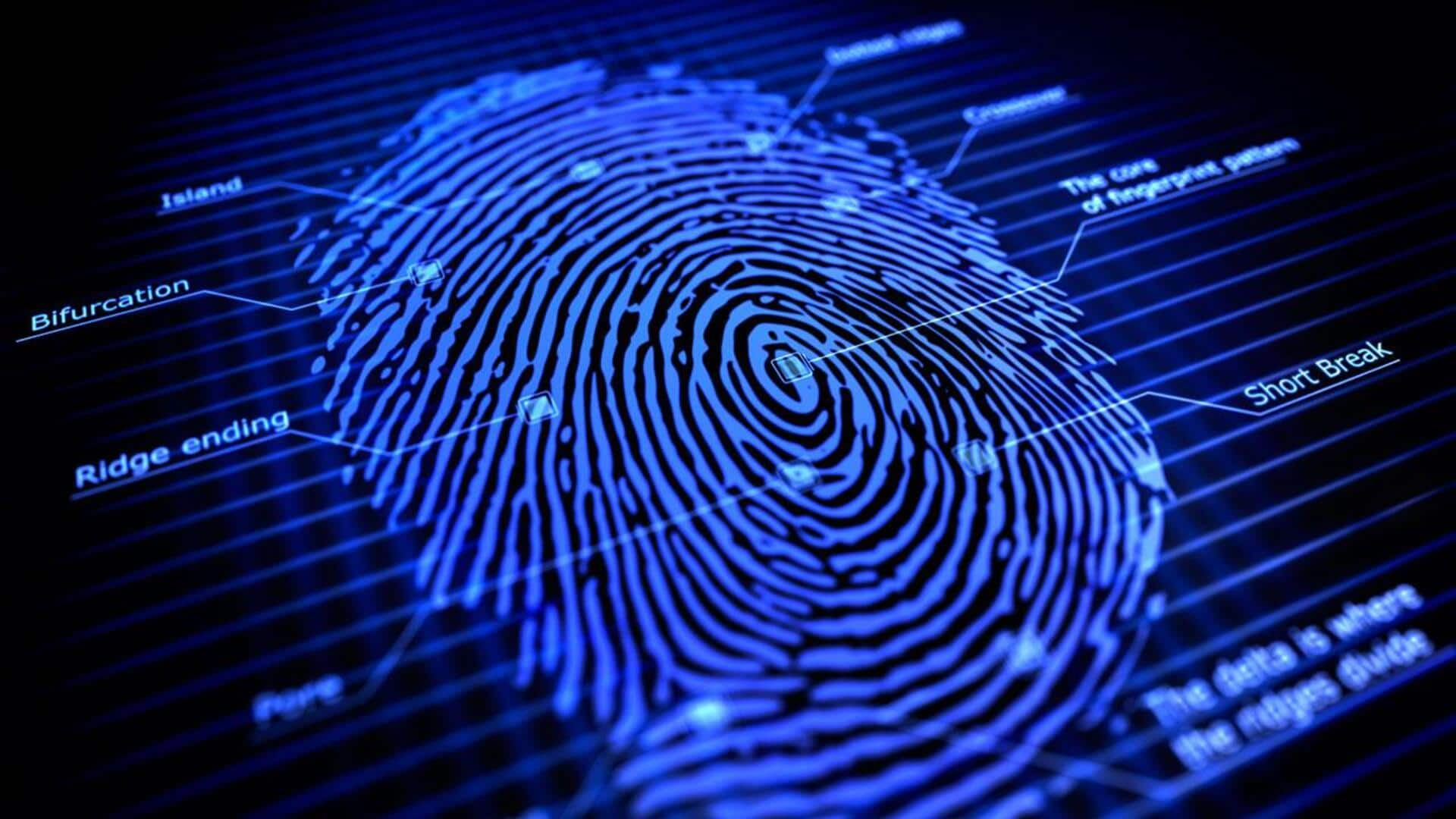
Are our fingerprints really unique? AI claims otherwise
What's the story
A Columbia University study has put the uniqueness of fingerprints to the test, using an AI tool to examine 60,000 fingerprints. The researchers found that the AI could determine, with 75-90% accuracy, if prints from different fingers belonged to the same person. However, they're not exactly sure how the AI accomplishes this. Professor Hod Lipson, who oversaw the study, confessed, "We don't know for sure how the AI does it."
Details
Different approach to fingerprint analysis
The AI seems to analyze fingerprints in a different manner than traditional methods. Instead of focusing on minutiae - the individual ridge endings and forks - the AI might be looking at orientation of ridges in center of a finger. Lipson stated, "It is clear that it isn't using traditional markers that forensics have been using for decades." He also mentioned that both he and undergraduate student Gabe Guo were surprised by the results and had to double-check their findings.
What Next?
Potential impact on biometrics and forensic science
This study could potentially impact biometrics and forensic science. For instance, if an unidentified thumbprint is discovered at one crime scene and an unidentified index fingerprint at another, current methods can't link them to the same person. However, the AI tool might be able to make this connection. The Columbia University team acknowledges that more research is needed and that their tool isn't ready for court cases yet but could assist in generating leads for forensic investigations.
Insights
Questions remain about the AI's methods
Dr. Sarah Fieldhouse, Associate Professor of Forensic Science at Staffordshire University, thinks the study may not significantly affect criminal casework at this point. She questioned whether the markers the AI focuses on, remain consistent depending on skin twisting during contact with print surfaces, and if they stay the same throughout a person's life like traditional markers. The uncertainty about the AI's methods makes answering these questions challenging. The study is peer-reviewed and will be published in the journal Science Advances.